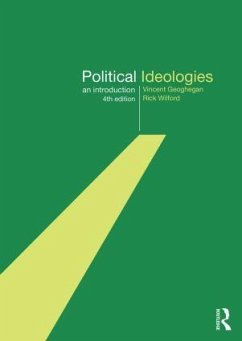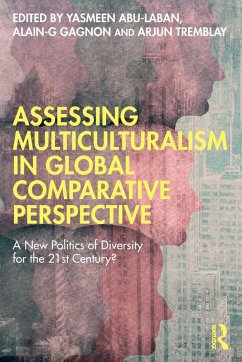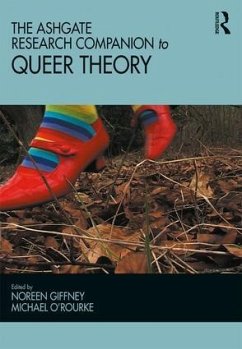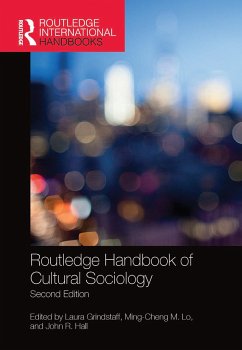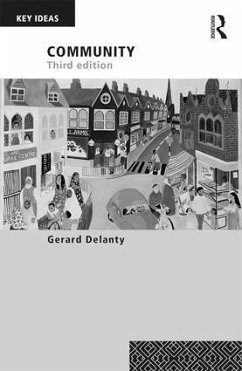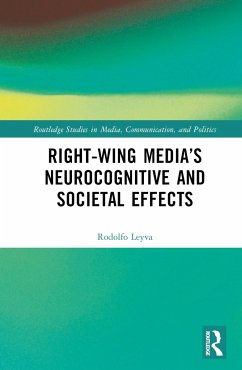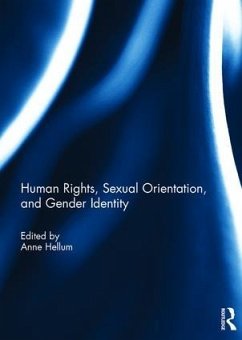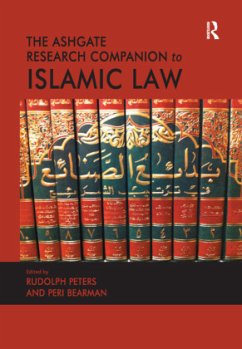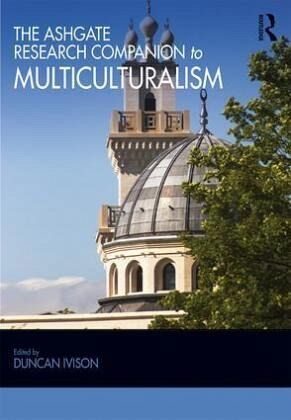
The Ashgate Research Companion to Multiculturalism
Versandkostenfrei!
Versandfertig in 6-10 Tagen
37,99 €
inkl. MwSt.
Weitere Ausgaben:

PAYBACK Punkte
19 °P sammeln!
The Ashgate Research Companion to Multiculturalism brings together a collection of new essays by leading and emerging scholars in the humanities and social sciences on some of the key issues facing multiculturalism today. It provides a comprehensive and cutting-edge treatment of this important and hotly contested field, offering scholars and students a clear account of the leading theories and critiques of multiculturalism that have developed over the past twenty-five years, as well as a sense of the challenges facing multiculturalism in the future. Key leading scholars, including James Bohman...
The Ashgate Research Companion to Multiculturalism brings together a collection of new essays by leading and emerging scholars in the humanities and social sciences on some of the key issues facing multiculturalism today. It provides a comprehensive and cutting-edge treatment of this important and hotly contested field, offering scholars and students a clear account of the leading theories and critiques of multiculturalism that have developed over the past twenty-five years, as well as a sense of the challenges facing multiculturalism in the future. Key leading scholars, including James Bohman, Barbara Arneil, Avigail Eisenberg, Ghassan Hage, and Paul Patton, discuss multiculturalism in different cultural and national contexts and across a range of disciplinary approaches. In addition to contributions, Duncan Ivison also provides a comprehensive Introduction which surveys the field and offers an extensive guide to further reading. This is a key volume for anyone interested in multiculturalism and its political premise.




